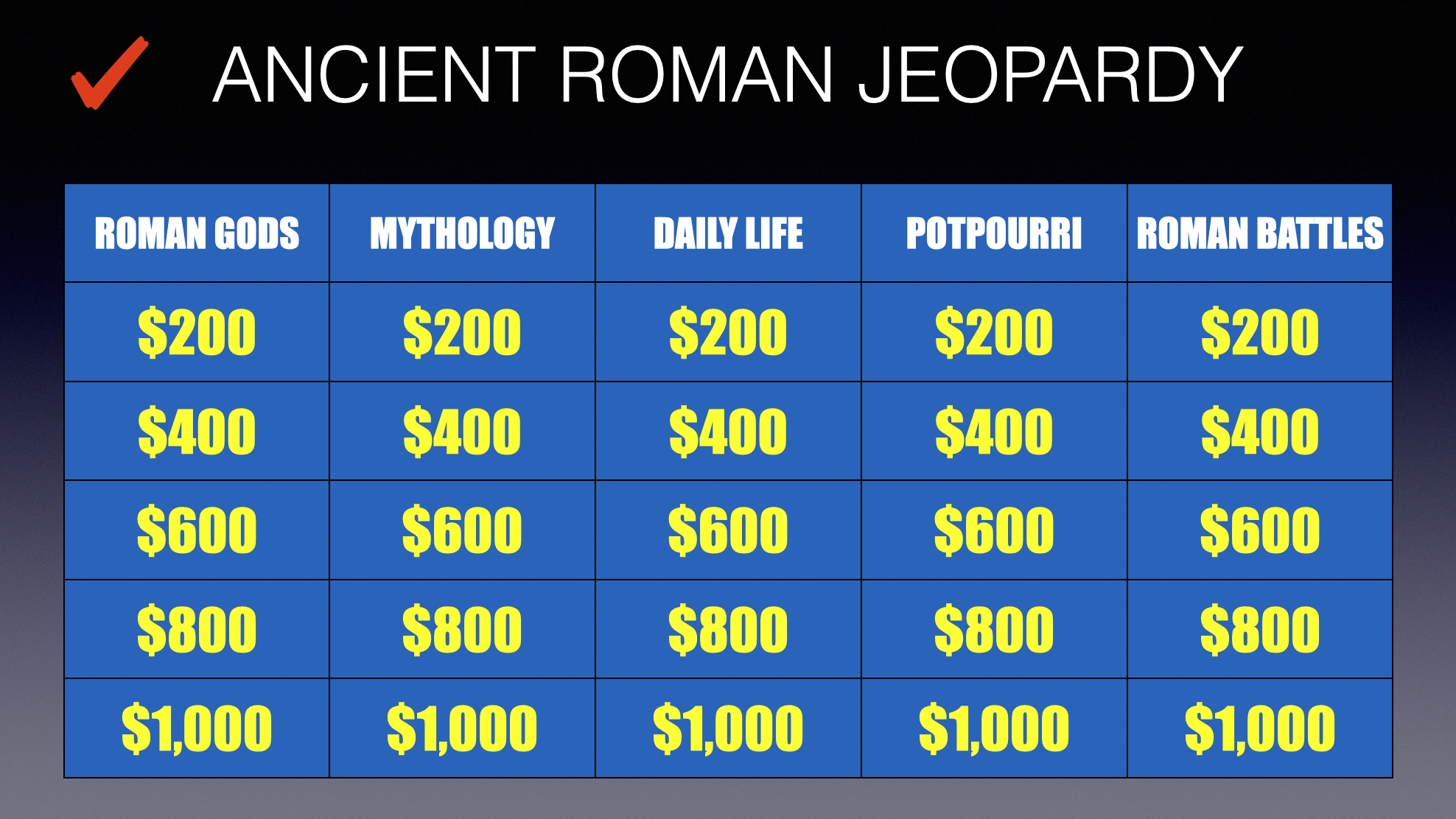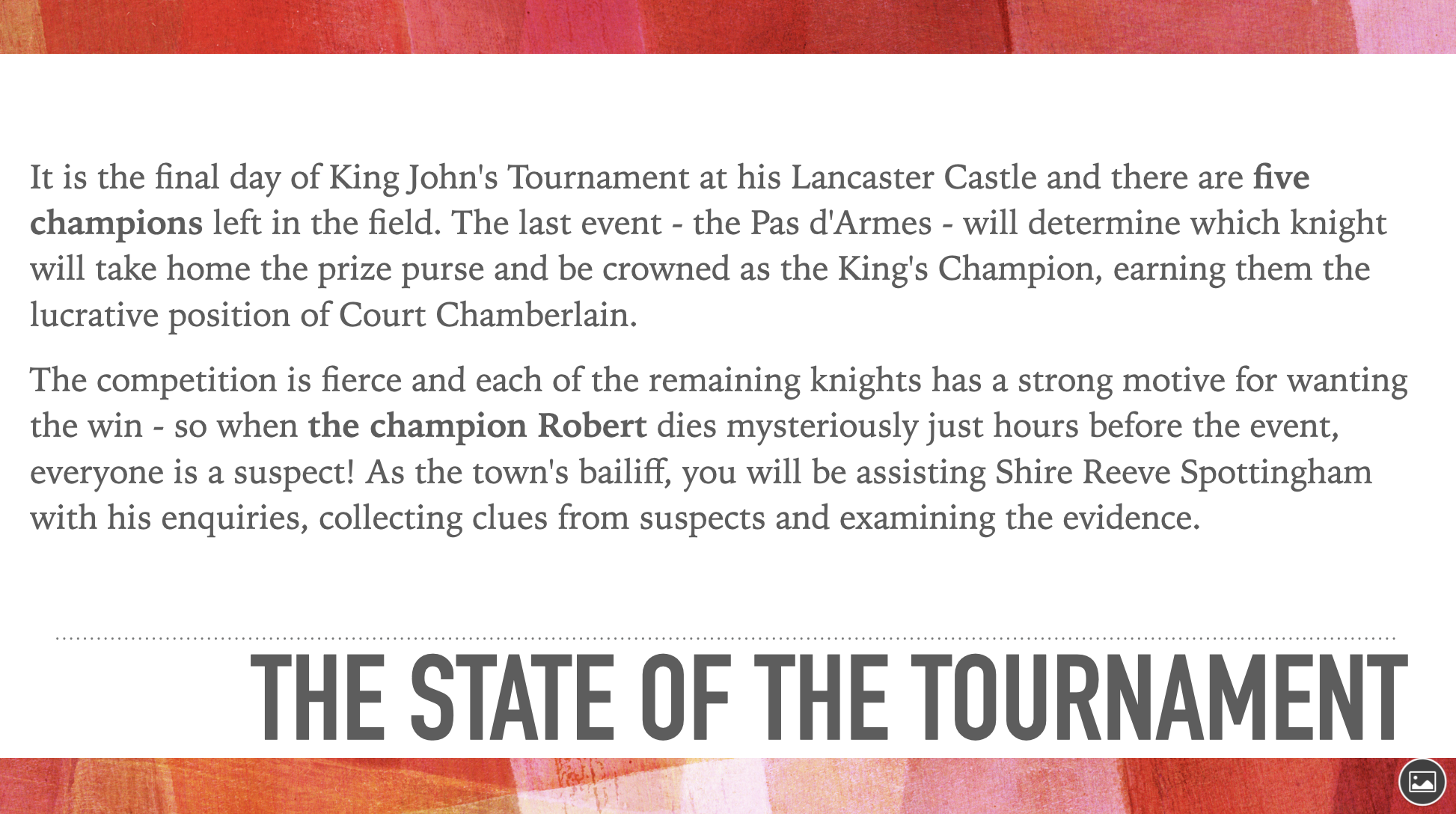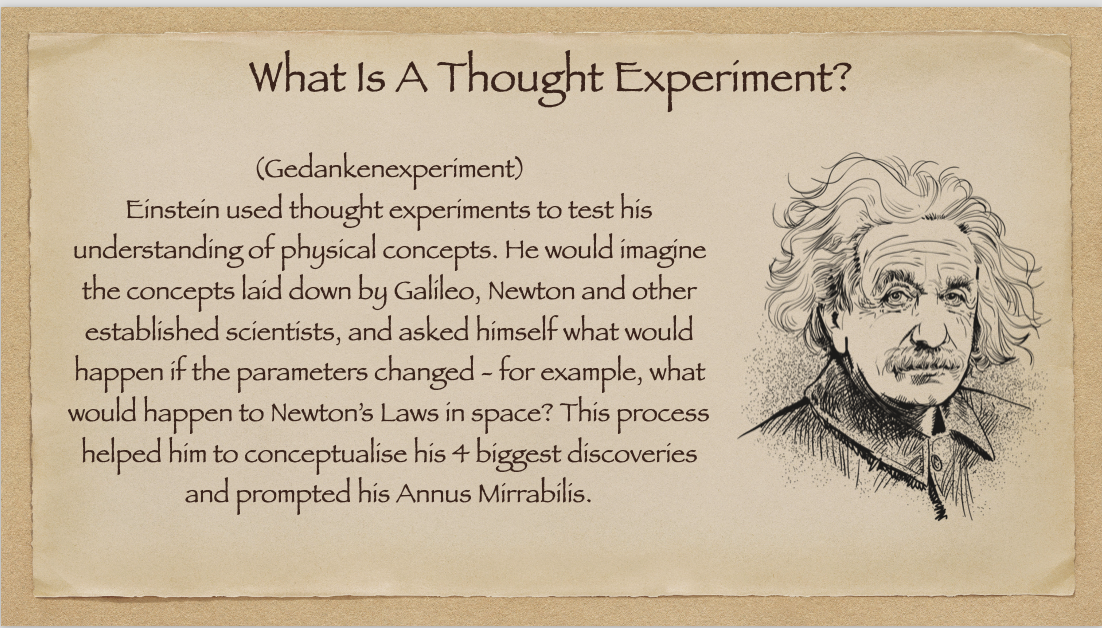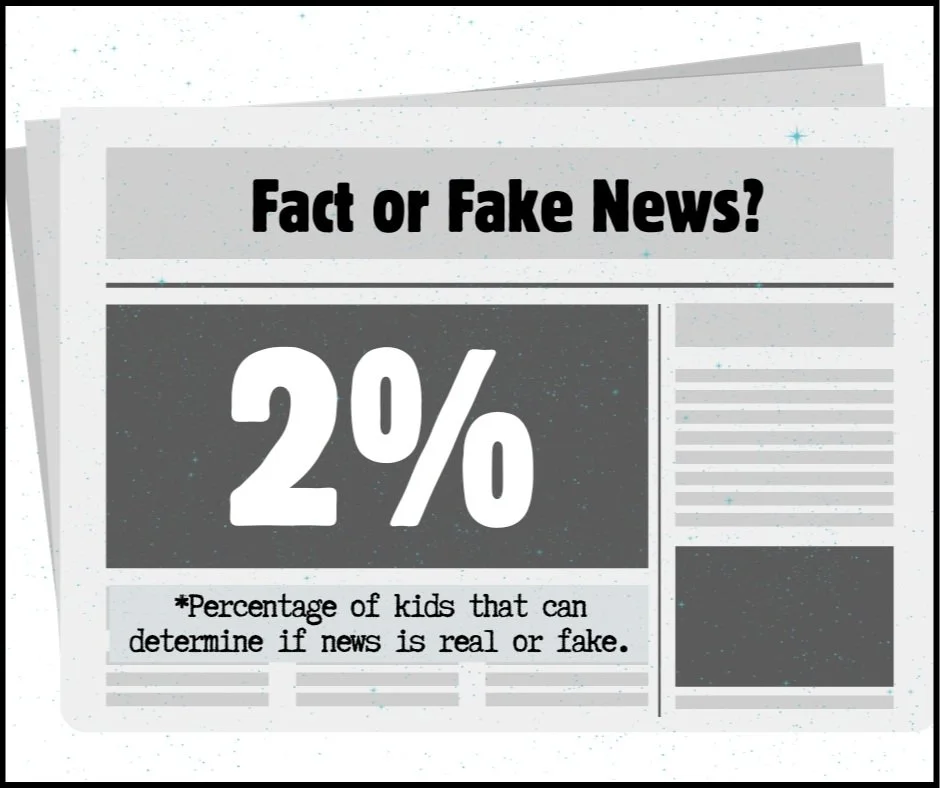
Workshops
What percentage of your students do you think have the media literacy skills to tell if news is real or fake?
What critical thinking skills are your students missing out on, and how does it affect their outcomes?*A recent UK study found that only 2% of school-aged children have the media literacy skills they need to tell if a news story is real or fake.
*National Literacy Trust (UK)
What Critical Thinking Workshops offer…
Critical thinking and media literacy workshops help kids develop a lens with which they view information. Between 0 to 12 years, children receive hundreds of messages from their environment every day.
Normal developmental stages allow kids to gradually learn to recognise, understand and then later interpret and filter these messages at around 12 years.
Unfortunately, in the digital era, kids are exposed to far more content earlier and earlier, well before they have developed the skills needed to process the information they come across. This has resulted in higher levels of anxiety, social disturbances like bullying and an inability to make age-appropriate decisions based on non-age-appropriate messaging.
Research has shown that kids who receive training in media literacy and critical thought processing are better equipped to deal with media messaging, experience wellbeing benefits and show improved academic outcomes.
However teachers already have enough on their plate in an overcrowded curriculum and increasing time and knowledge demands with regard to their lesson planning. Of course, teaching kids critical thinking processes and media literacy will noticeably improve student outcomes and help teachers in everyday lessons, but without the time or resources, its simply not possible.
So, how can Well Worded help teachers, parents, students and school communities navigate an ever changing bold new world?
-
Over more than a decade working with kids on critical thinking workshops, we’ve picked up a few tips. Our workshops for teachers give practical ideas for ways they can embed media literacy and logical reasoning into their daily lesson plans without any extra work. These workshops can be done as part of staff development and are ideally paired with the Teacher Handbook (see the Resources section)
-
Kids struggle with interpreting media and messaging until high school, so the primary school years are a great time to give them extra critical thinking processes and skills. Well Worded workshops are aimed at engaging kids and sparking a desire to learn more. They are targeted to specific stage levels with hands on activities that will provide a foundation for them to filter media and problem solve both at school and in social situations.
-
Parents can play a significant role in assisting with critical thought processes and media content. Hosting a parent evening at your school can be a valuable complement to teacher and student workshops, or stand alone as part of a parent outreach program.









